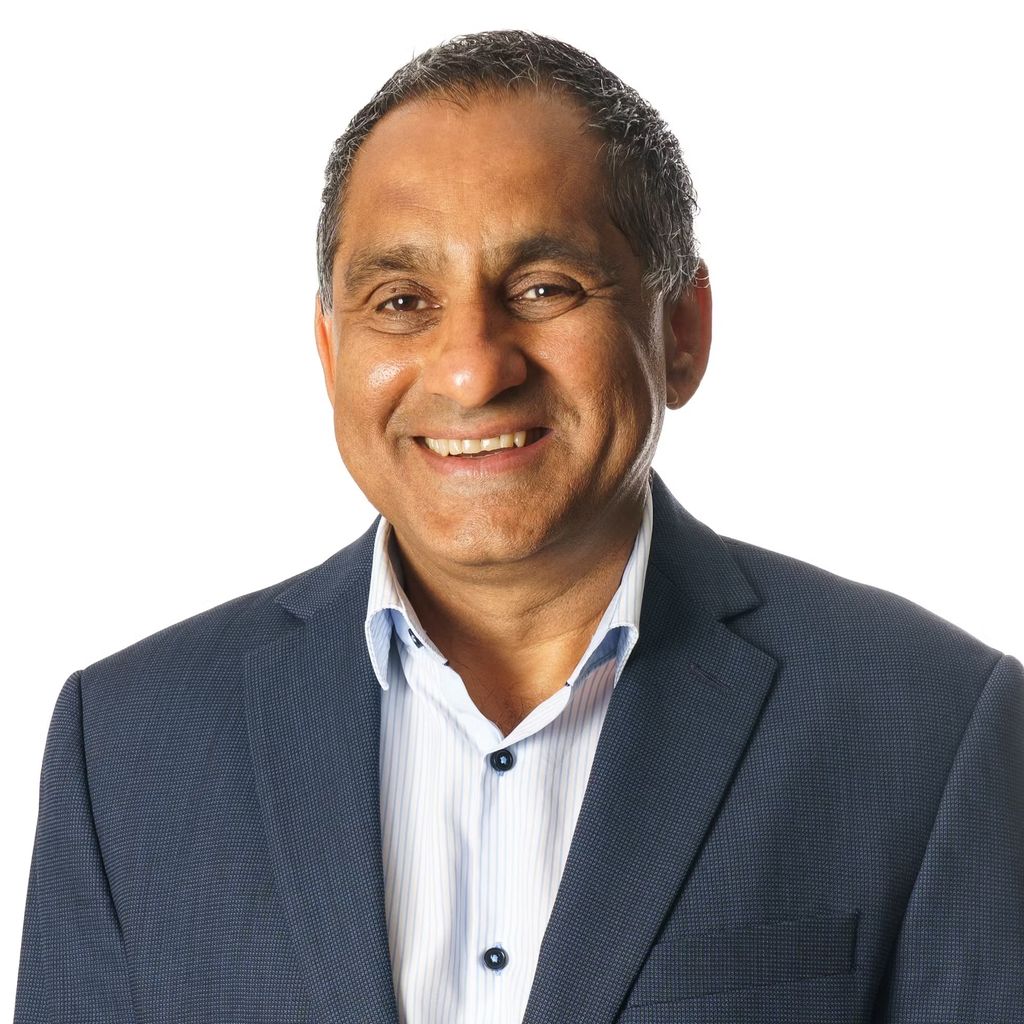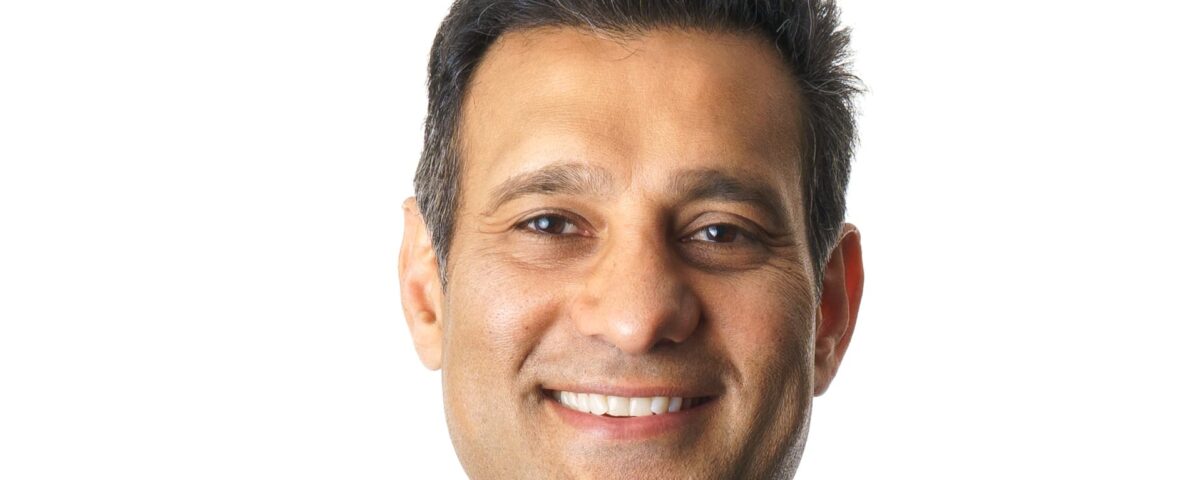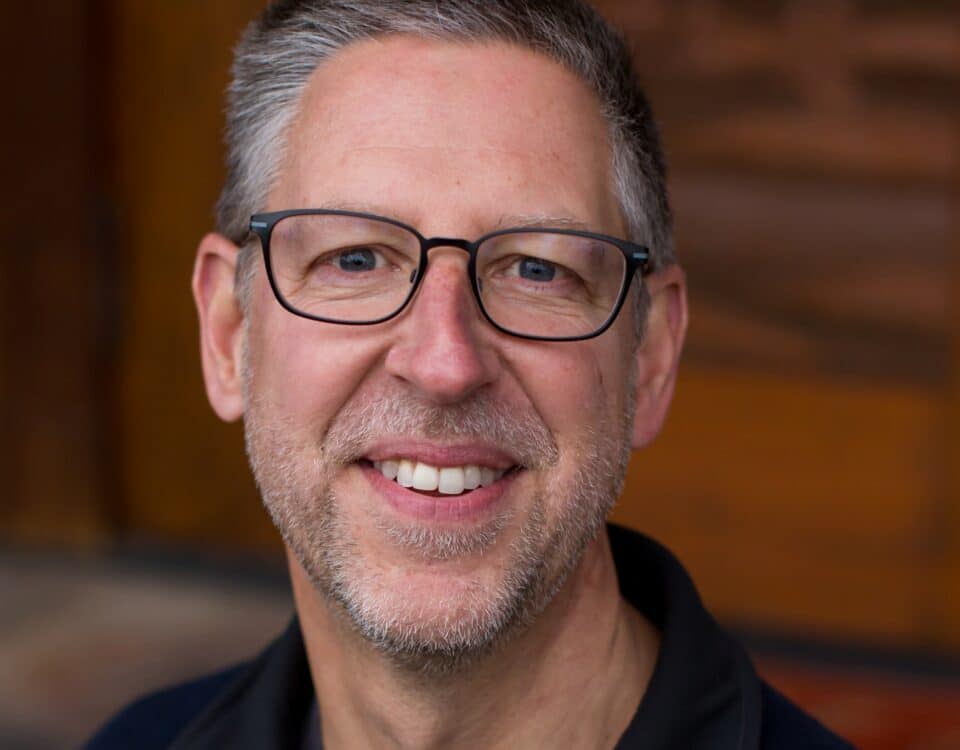Melinda French Gates reveals she’s refusing to fund her Gen Z daughter’s startup, despite being worth nearly $31 billion
July 25, 2025Meet the man behind celebrities’ obsession with padel, the sport growing like wildfire
August 26, 2025By Verne Harnish
Simba Global set a Big Hairy Audacious Goal (BHAG) in 2016: The global textile manufacturing and supply company would sell $5 worth of bedding and towels to every person in Australia by 2026.
“A BHAG should be something you feel you want, but in your heart of hearts, you ask, ‘Can you get it?’” says Kamal Somaia, managing director of the family-run company, based in Melbourne, Victoria, Australia. “It should create doubt, challenges and thought, but also excitement, something that feels unattainable when you set it.”
Achieving niche dominance
Step one was achieving dominance in the fragmented healthcare sector. “Our logic was that Australia has 26 million people, and we believed we could be in every hospital in the country from top to bottom,” says Kamal. “We had to make it happen.”
And they did, achieving their BHAG four years early in 2022. Since 2016, Kamal and his brother Hiten have grown revenue from the $10-$13 million range with 15 team members to over $150 million today with a team just four times as large. They did so by achieving a leading position in the healthcare market and now in hospitality, facility management and student accommodation, as well.
What allowed the Simba Global team to pull it off was learning how to use tools from the Scaling Up platform. Kamal and Hiten have put it to work for them since they attended a CEO Bootcamp in July 2016 and completed the One-Page Strategic Plan with Scaling Up certified coach Rob Kininmonth. “Every great CEO I’ve worked with is a learner and a decision maker,” he says. “After assessing the competitive landscape, we identified the sector was ripe for an industry roll-up. Kamal and Hiten faced a decision: was it going to be them or someone else?”
Three acquisitions
With their strategy in place, they completed three acquisitions in the first year, adding geographic reach in New South Wales and New Zealand through the first two and the third allowing the company access to the government healthcare sector.
The success they achieved in hospitals gave them opportunities to branch out into other markets, such as the commercial, retail, and hospitality industries, as well as laundries, healthcare facilities, and nursing homes. They created divisions for each. They also opened a division that offers promotional products printed with clients’ logos.
Liquidation auction start
Simba Global had a long history before its leadership team began applying Scaling Up.
Founder Anil Somaia emigrated to Australia from Kenya with his family in 1973. After his job as an accountant at a swimwear company was made redundant three years later, he and a friend began selling products purchased at liquidation auctions.
One product was the hair colouring henna, which they sold to Australian hair salons. When a towel manufacturer asked Anil to become his company’s sole Australian agent, he saw an opportunity to sell the towels to his network of hair salons and planted the seeds for the company that eventually became Simba Global.
Anil never took a title at the company, preferring to lead through his actions, and remains in the role of master storyteller. His sons Hiten and Kamal, who worked in the company from young adulthood, took on their executive positions in their early twenties.

Hiten Somaia
Dressing the bed
In 2025, Simba Global reset their BHAG and strategy. After attending the CEO Bootcamp with me in February, the leadership team worked with Kininmonth to complete the One-Page Strategic Plan. One key step was identifying the product they would focus on while aiming for their BHAG.
They decided to focus on sheets-a simple product on first thought. However, from their point of view, a sheet is not just a sheet: It’s the core starting point to “dressing a bed”—essentially, the foundation. Once that concept is understood, then there is a natural progression to other products such as duvet covers, pillows and blankets.
To track their progress, they measure the number of sheets sold per year as a key performance indicator. “We’ve decided that sheets will be the center of the universe for us,” says Kamal. “That means everybody in this business is going to learn exactly how sheets are constructed, how we measure quality, what produces that consistency and why the sheet is the economic engine of Simba.” Their new BHAG is “to wrap the world twice in Simba sheets.”
Right product, right price, on time
Simba Global developed and immediately began pursuing a go-to-market strategy of identifying and seeking partnerships with prospects in each of their key target markets: Australia, New Zealand, Saudi Arabia, Dubai, Canada and Singapore.
To ensure their success, the leadership team developed a Brand Promise: “Right Product, Right Price, On Time.”
“We should be able to deliver exactly what we’ve said, and that gives our customers peace of mind they can’t get with anybody else,” says Kamal. They cascaded the Brand Promise through every department of the company.
At the same time, they used publicly available data and artificial intelligence to identify opportunities, especially in bed capacity per sector. “Our core customers, such as hospitals and hotels, measure their capacity by the number of beds they have,” explains Kamal. “How much we earn per bed is our Moneyball stat. Every bed needs sheets, so we want to be known as the sheet experts in the world.”
42 quarterly meetings
Making a serious commitment to embracing the principles of Scaling Up, Simba Global’s leadership team has held 42 quarterly meetings since their kick-off Scaling Up Workshop. “We haven’t missed one,” says Kamal. “We’ve only kept building momentum as we do it.”
To ensure Simba Global maximized the benefits of the Scaling Up platform, the company developed two to three internal champions in each department. Their goal was to shift from an owner-dependent mindset to one built around developing leadership capacity and resilience in every team member. To that end, they used the Function Accountability Chart (FACe) to ensure a more precise allocation of responsibilities and accountability. They continued sending internal leaders to our bootcamps to foster professional development.
Given the company’s continued desire to expand, taking steps to build a stronger supply chain has been essential. That has meant establishing sourcing in four different countries. Simba Global has deployed QA and QC teams in each country to reduce risk. It offers long-term contracts to its suppliers with fixed prices tied to commodity costs and exchange rates. This helps underwrite the “right price” element of the Brand Promise to their customers.
Simba Global’s goal is to use disciplined cash management and a consistent focus on profits to finance acquisitions and market expansion. Thanks to all the research its team is doing with tools such as AI, it is in a strong position to continue its growth trajectory.




